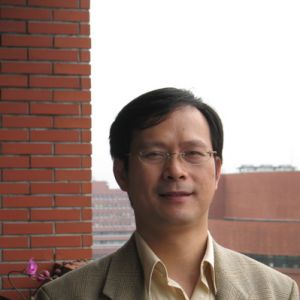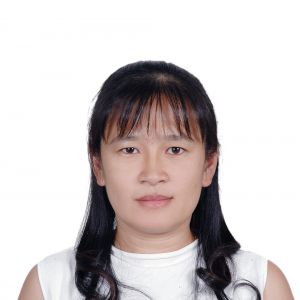National Taiwan Normal University (NTNU) is not only a pioneer of teacher education in Taiwan. It is also a key base of operation for educational researchers. Throughout the past fifty years NTNU has continually prepared excellent teachers and academic researchers. The Curriculum and Instruction Division has a long history, strong faculty, and rich resources. These strengths have resulted in the division providing for the education of a huge group of talented professionals with expertise in the area of curriculum and instruction. These professionals continue to play pivotal roles in Taiwan, such as reflective practitioners and creative innovators in education reform. The Graduate Institute of Curriculum and Instruction (GICI) was established in 2010 and offers both master and doctoral programs. GICI aims to offer integrated curriculum and interdisciplinary research for the purpose of cultivating excellent talent in the field of curriculum and instruction.
The curriculum structure of GICI provides courses on the foundations of curriculum theory, on research methodology, and further specialized courses which train students to both conduct quality research as well as conduct practical work. Graduates of GICI are expected to be hands-on practitioners with a reflective mind characterized by strong critical thinking skills. In addition, by engaging in long-term partnerships with secondary schools, GICI assists schools in improving the quality of teachers as well as curriculum design and curriculum evaluation through appropriately structured professional development programs.
GICI Offers integrated professional knowledge which equips students with a global perspective and core competences that would assist them in gaining a competitive edge in education profession. Both Mater and Ph.D. programs provide advanced courses in educational foundations, research methodology, and specialized subjects in curriculum and instruction. sinop otelleri With regard to the course structure of curriculum and instruction, the focus is on exploring curriculum reform issues and instructional innovations within both local and international contexts. All of these designs aim to promote students’ research ability while helping them to think critically about curriculum and instruction.
We want to enhance academic research and impact in curriculum and instruction, and to keep abreast of emerging issues in curriculum and instruction locally and globally advancing professional development to enhance educational practices, and to promote international exchange and academic collaboration.
The curriculum structure of GICI provides courses on the foundations of curriculum theory, on research methodology, and further specialized courses which train students to both conduct quality research as well as conduct practical work. Graduates of GICI are expected to be hands-on practitioners with a reflective mind characterized by strong critical thinking skills. In addition, by engaging in long-term partnerships with secondary schools, GICI assists schools in improving the quality of teachers as well as curriculum design and curriculum evaluation through appropriately structured professional development programs.
GICI Offers integrated professional knowledge which equips students with a global perspective and core competences that would assist them in gaining a competitive edge in education profession. Both Mater and Ph.D. programs provide advanced courses in educational foundations, research methodology, and specialized subjects in curriculum and instruction. sinop otelleri With regard to the course structure of curriculum and instruction, the focus is on exploring curriculum reform issues and instructional innovations within both local and international contexts. All of these designs aim to promote students’ research ability while helping them to think critically about curriculum and instruction.
We want to enhance academic research and impact in curriculum and instruction, and to keep abreast of emerging issues in curriculum and instruction locally and globally advancing professional development to enhance educational practices, and to promote international exchange and academic collaboration.



